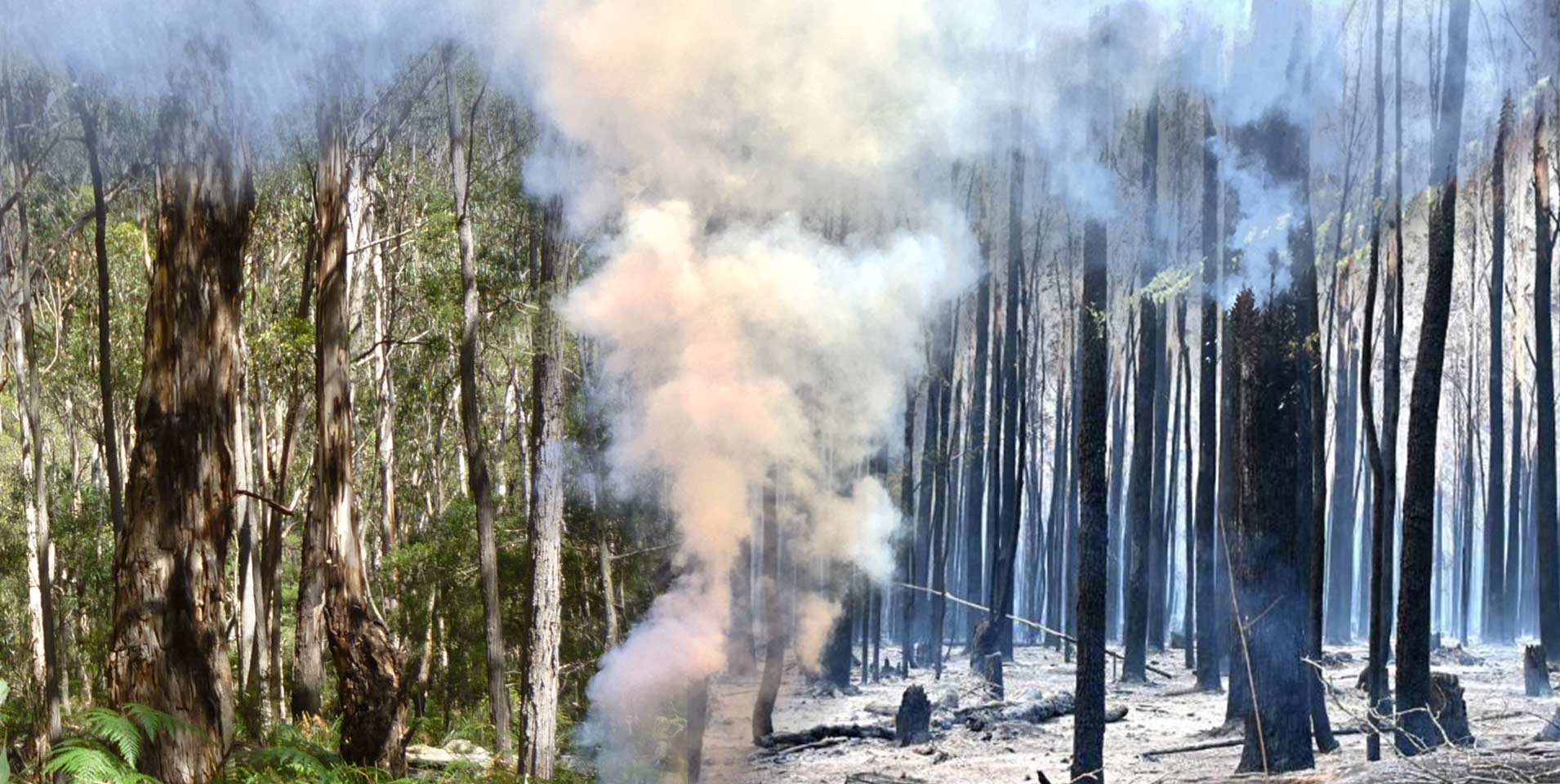
If you are feeling a sense of futility, frustration or a welling of potential to do something about the climate crisis, you are not alone.
Giving money is one immediate response.
Using your unique mix of skills, knowledge and resources may be an even more powerful means to achieve positive change, in the near and long term.
Every organisation is different. Address the bushfire crisis and climate emergency, the way your business is designed to do.
To get there takes two steps:
- Define your purpose relevant to your operations and the communities you are active within.
- Establish shared value creation as a goal and mobilise your company’s strengths to achieve impact and business sustainability
1. Define your purpose
Historically, companies that align responses with purpose achieve success.
They are trusted – it makes sense a company acts in a way that is ‘natural’ to it.
Employees align with activity that fits with their competencies, roles and personal identity.
And the direction purpose provides is unifying: employees and customers have focus amid situations that can feel chaotic.
A purpose exercise goes much deeper than catchy yet ambiguous statements. The statement is important to arrest attention but it must be followed with a precise narrative about a company’s place in the world and the value it creates for employees, customers and society.
It sets the foundations for product and service innovation, as well as customer and brand experience design, all of which have a positive impact.
2. Run a design process with shared value at its heart.
At Ellis Jones, we use a ‘double diamond’ co-design process, applying a shared value framing to define:
- Company expertise and resources
- Social and environmental needs relevant to the company, customers and its employees
- Challenges facing the company (for example, supply chain issues or market failure caused by bushfires).
Once the situation is defined using this process, the process of focused innovation leads to a range of actions that are most likely to achieve an impact and strengthen the company. Here’s a list to get you thinking:
- Make something – a new product, service or experience
- Start something – change the way you work, and the way other businesses work with you.
- Promote good products, practices and initiatives.
- Take a stand. Catalyse change by leading and joining others.
- Host or facilitate new and purposeful conversations; leverage your reach.
- Reduce your environmental footprint. Put in place a plan and make it happen.
- Give. Give money, employee time, products, services or spaces.
- Join someone else’s movement and supercharge it.
Here are some great local and international examples:
- Airbnb Open Homes – With Open Homes, Airbnb uses its technology to connect people with a free place to stay in times of need. Hosts can play an important role in their community’s response and recovery — just by offering their extra space. Since 2012, hosts have opened their doors to people affected by disasters (both emergency relief workers and those directly affected by disasters) all over the world. Open Homes stays are always free for the guests. The platform has been active during this summer’s bushfires.
- Optus – During the bushfires, Optus mounted a rapid response, to assist customers with access to satellite phones and emergency information. Every day customers could donate their data to young people, satellite cells (Sat Cat) were deployed using satellite transmissions for coverage in a limited range, and affected customers were given unlimited access to emergency networks while under threat.
- Acres for America – Walmart’s Acres for America program is one of the most important public-private land conservation partnerships in the United States. The partnership began in 2005, when Walmart and NFWF joined forces to conserve lands and wildlife habitat of national significance, and to benefit local communities and local economies. The program offsets the footprint the company’s operations (car parks and stores) have across the nation going beyond carbon emissions to biodiversity value creation.
- Bank Australia – In response to the bushfires, Bank Australia (true to its purpose) encouraged customers to let their situation be known so that the bank might pause scheduled loan repayments, defer interest payments, increase emergency credit limits and suspend fees.
What might your company do? When you think about it, you are made to make a difference.
Call us to run a workshop and get moving.
We declare a Climate Emergency – find out what that means.

